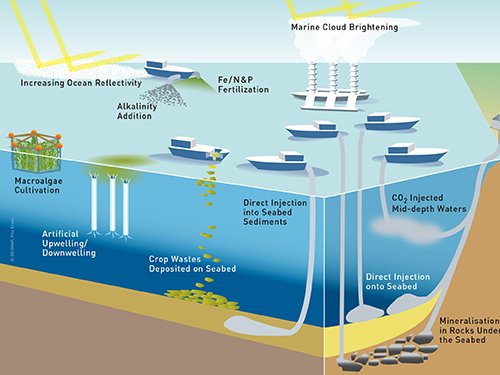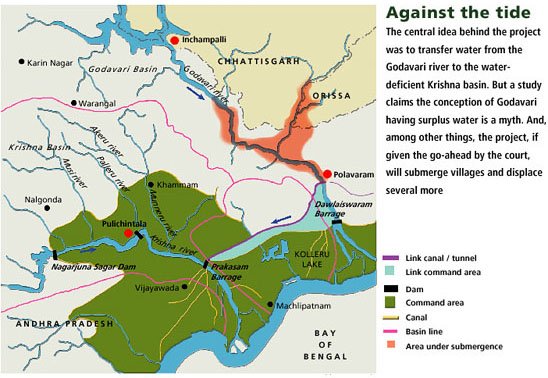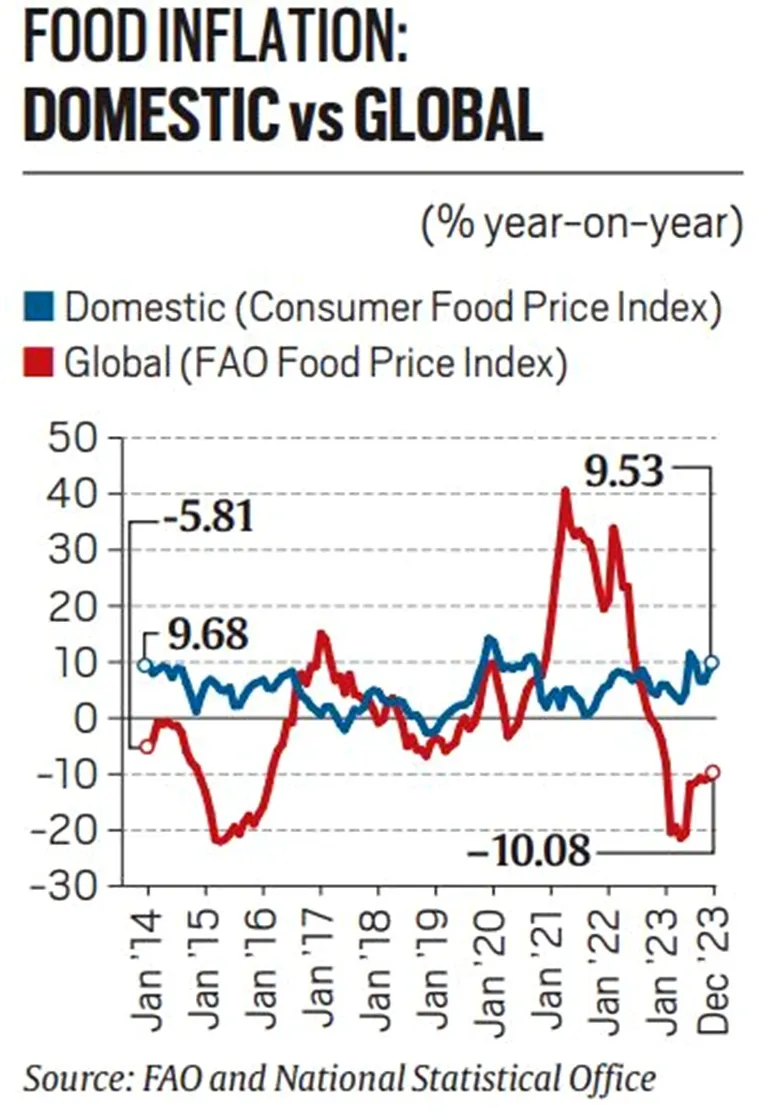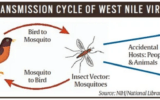
Global Waste Management Outlook 2024
Subscribers of "Current Affairs" course can Download Daily Current Affairs in PDF/DOC
Subscribe to Never Miss an Important Update! Assured Discounts on New Products!
Must Join PMF IAS Telegram Channel & PMF IAS History Telegram Channel
- Context (DTE): Global Waste Management Report presented during the Sixth United Nations Environmental Assembly (UNEA-6) in Nairobi.
- Report Title: Turning rubbish into a resource: Global Waste Management Outlook.
- Published by: United Nations Environment Programme (UNEP) in collaboration with the International Solid Waste Association (ISWA).
Report Highlights
- More than a third of the world’s population, particularly in developing regions, faces challenges with waste management.
Statistics on Waste Collection
- Over 2.7 billion people, primarily in the Global South and developing regions, lack access to waste collection services.
- Of these, 2 billion reside in rural areas, while 700,000 are in urban settings.
- An estimated 540 million tonnes of municipal solid waste (equivalent to 27% of the global total waste) needs to be collected.
Disparities in Waste Collection
- Developed and upper-middle-income regions exhibit higher waste collection rates compared to Sub-Saharan Africa and Central and South Asia.
- The global average waste collection rate stands at 75%.
Projected Increase in Waste Generation
- Predictions suggest a rise in global waste generation from 2.3 billion tonnes in 2023 to 3.8 billion tonnes by 2050.
- The associated costs of waste management are also expected to escalate.
Financial Implications
- The direct cost of waste management in 2020 was approximately $252 billion, which rises to $361 billion when hidden costs like pollution and health impacts are considered.
- Without immediate action, annual costs could soar to $640.3 billion by 2050.
- In 2020, the global direct cost of waste management was estimated at $252 billion.





![PMF IAS Environment for UPSC 2022-23 [paperback] PMF IAS [Nov 30, 2021]…](https://pmfias.b-cdn.net/wp-content/uploads/2024/04/pmfiasenvironmentforupsc2022-23paperbackpmfiasnov302021.jpg)












